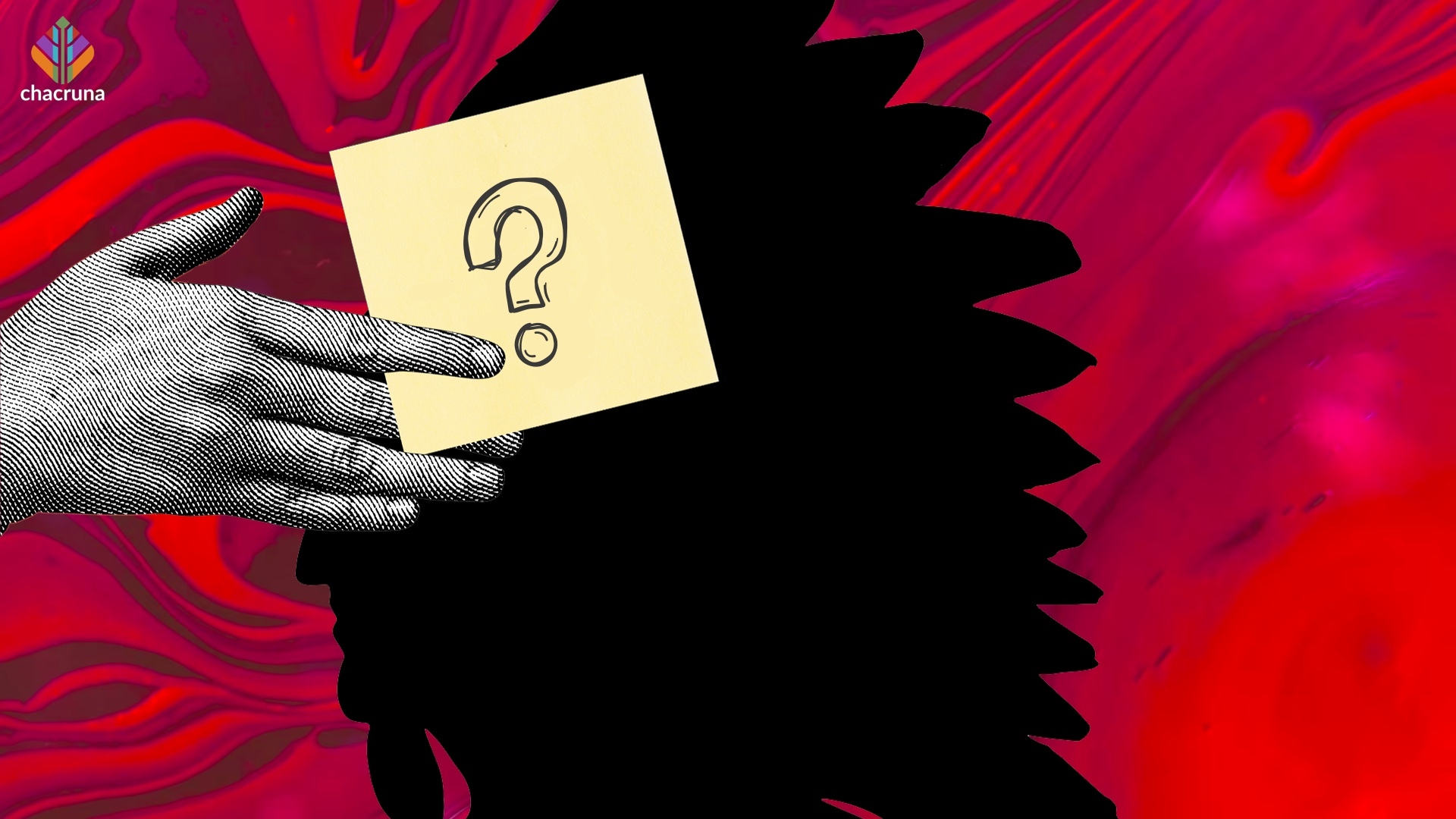- After 2024, the Scenario for Psychedelic Therapies Can Only Improve - January 16, 2025
- Symposium in Brazil Debates Psychedelics at a Political Crossroads - December 13, 2024
- Conference in Rio Defends Psychedelics in Public Health - December 11, 2024
There were plenty of feathers on display at the Psychedelic Science 2023 conference, most in fedora hats, a symbol of American feminists. Few were seen in Indigenous adornments, though at every turn native peoples were honored in speeches at opening keynotes at the Colorado Convention Center, home to the largest psychedelic convention ever held.
The low presence of representatives of cultures that have bestowed psychedelics, such as ayahuasca, mushrooms and peyote, upon biomedicine was pointed out by Bia Labate, a Brazilian anthropologist at the head of the NGO Chacruna Institute, in San Francisco. With more than 12,000 participants roaming the halls, the few Indigenous people were, for all intents and purposes, invisible.
Labate noted that many people from the rich parts of the world travel to the South in search of plant medicines, often driven by fetishization, with no genuine interest in learning from the locals. She made recommendations on how to show real respect for these traditional communities, and one of them seemed tailor-made for the mega-event:
Do “not tokenize people but … listen and develop trust; engag[e] in collaborative, horizontal, long term, and non-transactional relationships; in sum … be an ally and friend and stand in solidarity.”
Bia Labate, Opening Remarks, Psychedelic Science 2023
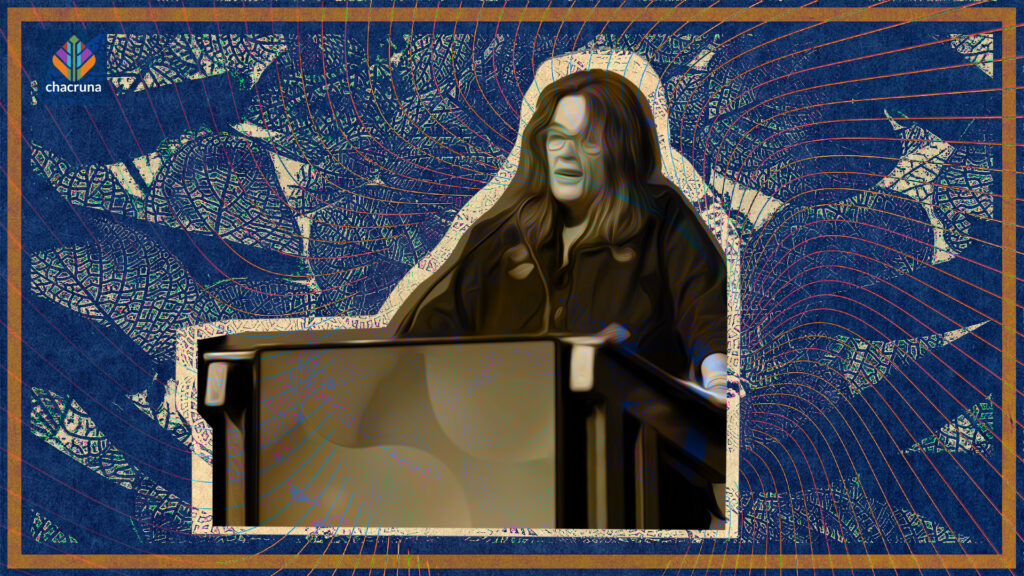
And she posed the uncomfortable question: what would the so-called psychedelic renaissance look like if everyone who loves these substances challenged the patent system and supported the protection of Indigenous lands, cultural heritage, and knowledge?
In addition to the unresolved conflict between intellectual property and traditional knowledge, Labate criticized the reductionism that views psychedelics as mere molecules, setting aside the setting. She acknowledged the merit of biomedical research, which, after all, leads the psychedelic renaissance, but pondered that it will not be enough.
“The idea of randomized controlled trials is based on the premise that you can separate the ‘effects of the drug’ from ‘set and setting’ and measure these effects through comparison with a placebo group to find out if these substances really ‘heal’ … These borders between substance, set, and setting are a construct, a fiction.”
Bia Labate, Opening Remarks, Psychedelic Science 2023
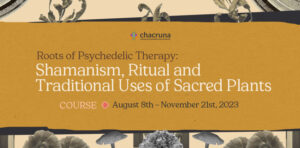
Join us for our Roots of Psychedelic Therapy: Shamanism, Ritual and Traditional Used of Sacred Plants course.
August 8th – November 21st, 2023. Scholarships Available!
The remarks of the anthropologist, the first to speak Thursday (June 22) at the Bellco theater, the main stage of the conference, received several applauses. She also praised the pluralism of the Multidisciplinary Association for Psychedelic Studies (MAPS), the organizing body with which she collaborates as an expert in education and culture, and celebrated the ability of its leader, Rick Doblin, to lead MAPS to this decisive moment.
“We are part of a community, a family. Like any family, there are all kinds of folks, it’s not perfect and there are problems. But they are our problems. We worked hard to be here today, and this is truly epic.”
Bia Labate, Opening Remarks, Psychedelic Science 2023
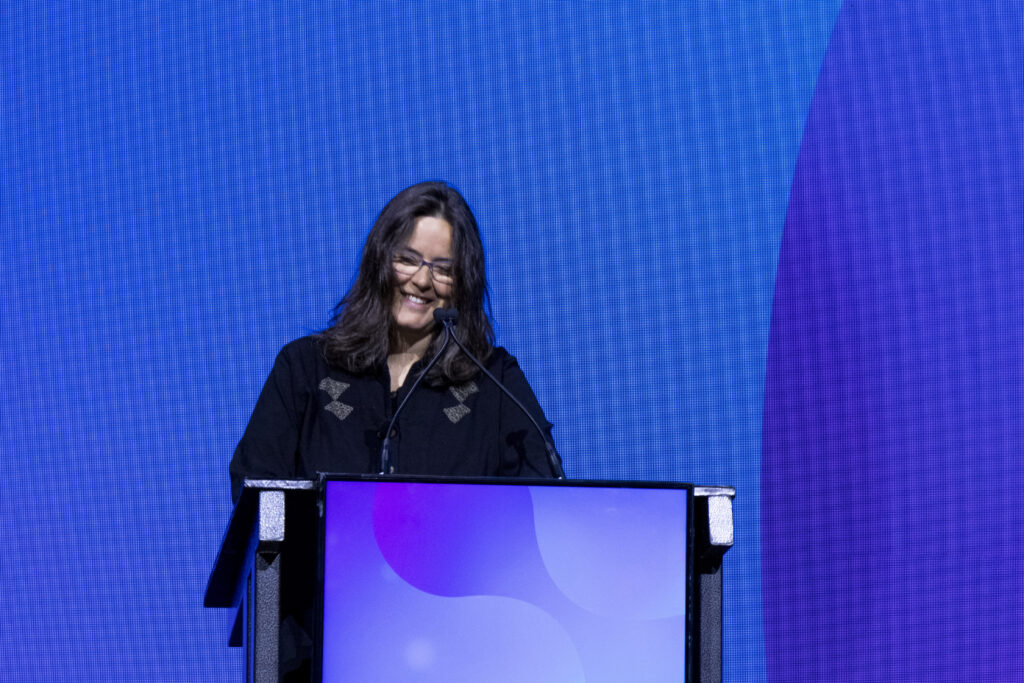
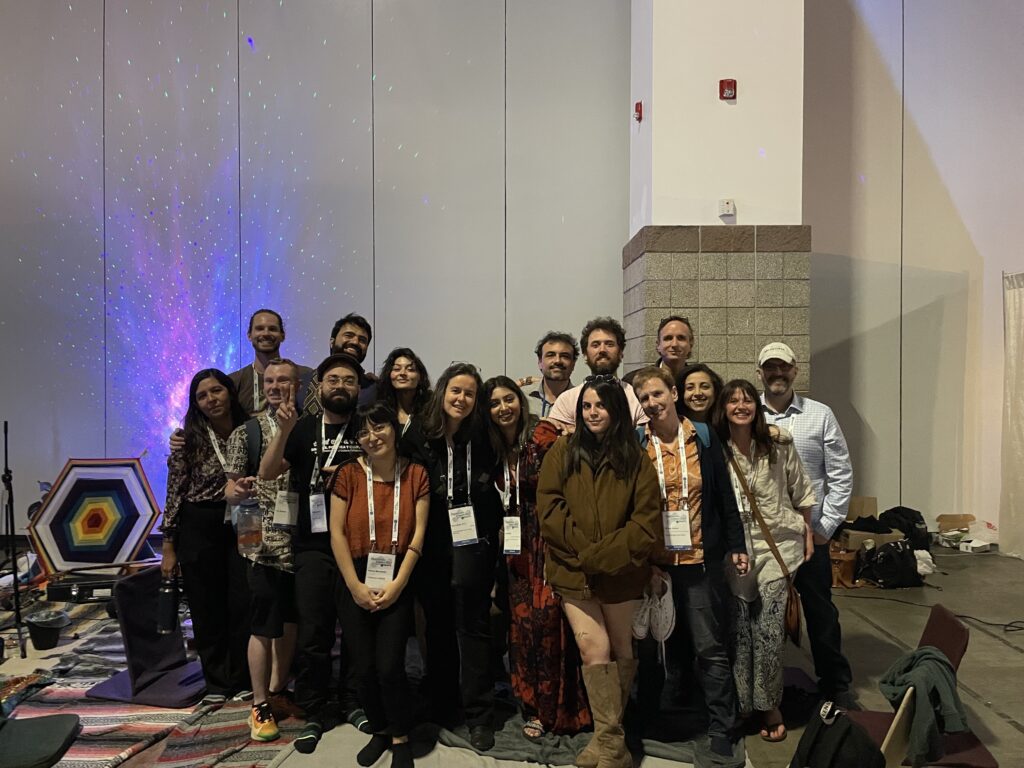
Soon after Labate, Roland Griffiths, a pioneer of clinical trials with psilocybin mushrooms at the turn of the century, took the stage. The researcher’s speech resonated with that of the Brazilian, because it ignited in the thousands present that feeling of community, of a psychedelic family.
The entire theater stood up to applaud him before he even began to speak. Griffiths has advanced colon cancer, diagnosed a year and a half ago, and has never made a secret of it—on the contrary, he has given candid interviews about it.
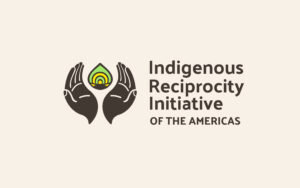
Discover the Indigenous Reciprocity Initiative of the Americas
On the Bellco stage, he showed results from his group at Johns Hopkins University, in particular about correlations between mystical experiences under the effect of psychedelics and the therapeutic benefit they have been demonstrating. But it was not the science that brought him, and many in the audience, to tears.
Griffiths told how his long experience with meditation and psychedelics has helped him contemplate not death, but the “preciousness of life itself.” He repeated the word gratitude several times, in one of them “for that amazing mystery: the ability to be aware that we are aware.”
“I am here with you as I have never been before in my life,” he said, in a kind of farewell. He ended his speech with an invitation: “Let us all join in this celebration.”
This article originally appeared in Portuguese within the blog Virada Psicodélica at Folha de São Paulo here. The views expressed here are by Leite, and not Chacruna. Disclaimer: Leite sits on the advisory board of Chacruna.
Art by Luana Lourenço.
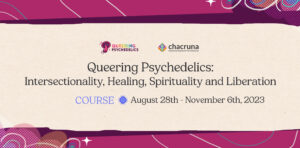
Join us for our Queering Psychedelics: Intersectionality, Healing, Spirituality and Liberation course.
August 28th – November 6th, 2023. Scholarships available!
Take a minute to browse our stock:
Did you enjoy reading this article?
Please support Chacruna's work by donating to us. We are an independent organization and we offer free education and advocacy for psychedelic plant medicines. We are a team of dedicated volunteers!
Can you help Chacruna advance cultural understanding around these substances?


